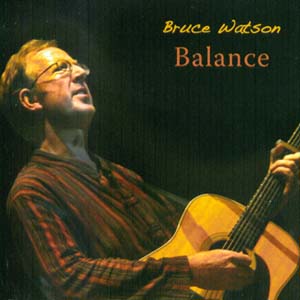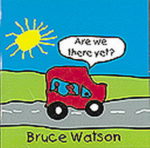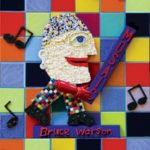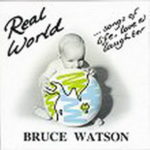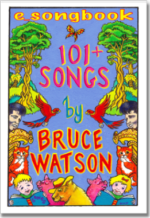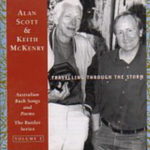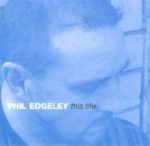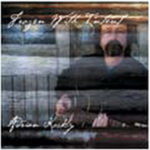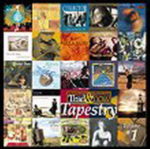Description
Bruce’s 2010 album is his first in six years, and his songwriting just keeps getting better. The songs are inspiring, moving, witty, hilarious and sometimes profound and challenging. Bruce is again supported by a bunch of Melbourne’s best acoustic musicians, including a choir on some of the big numbers. A highlight is a re-recording of The Man and the Woman and The Edison Phonograph about his great grandfather in duet with Tasmanian Elder Ronnie Summers, a descendant of Fanny Cochrane Smith. I love the harmonies, the sentiments expressed, the fabulously clever lyrics and humour, the humanity imbedded in so many songs. Come to think of it I love them all. (Phil Melgaard, Performer) Beautiful sound and songs. The song with Ronnie makes me cry. (Christina Mimmochi, 2010 National Folk Fellow)
Bruce Watson – Balance
CD review by Chris Clarke
Bruce Watson writes excellent songs, on the side of the angels.
Bruce puts out CDs like Christmas cake, rich and nutritious, fruity in places, a bit nutty too, some bits sweet, some dark, attractive to everyone including children.
Bruce writes songs about those people we forget to remember. The scientists on Antarctica occasionally get a media moment, but Bruce sings for the unsung mechanics who make their work possible and experience ‘Wintering Over’ with them, and also realise down there that ‘We’re So Small.’
Bruce writes about those people we remember to forget, under subtle mainstream influence, such as our ordinary neighbours, workmates and children’s schoolmates who are Moslem, and may be ‘Struggling’ alongside us.
Bruce writes, as the Impressionists started to paint, to illuminate those ordinary places and times that we can all remember to remember, such as those lazy summer days ‘Down at the Pool.’
He even writes about those still dormant memories that we have forgotten to forget, such as ‘The Rules of English’ and ‘How to Tune A Ukelele’, or the list of planets even if ‘Pluto’s Not A Planet Anymore.’
He writes about the memories that a few of us have, but we can all relate to, such as “Australia’s Lost Languages’, and ‘Murrumbidgee Morning’, and even of memories future people may have, such as seeing ‘Lake Pedder Again.’
He writes of more personal memories, with surprises I won’t spoil, such as ‘The Man and the Woman and the Edison Phonograph.’
He also writes anthems that set the record straight, such as the true ‘Balance’ between good and ill around us, and that ‘If you can Walk you can Dance, If you can Talk you can Sing.’
He writes a country lyric declaring ‘I’ll Love you Till the Cows Come Home’. He sets Henry Lawson’s ‘As Good As New’, amazingly recording it with Chloe Roweth, who with Jason had made their own setting, a CD title track.
The songs cover a great range of genres as well as topics, and attracted a great and varied range of musicians and accompanists, from solo piano to wailing zurna, not to mention Martha the cow.
The CD seemed almost to have been written for me – studying English, living with Moslems, living by the Murrumbidgee, recording songs by last speakers of Aboriginal languages, hearing tales of support staff in the Antarctic, tuning a ukulele, and knowing many of the musicians.
Maybe it draws different threads through other people’s lives, certainly it says what we want to hear, what we would write and sing if we listen to the world and our own hearts.
Bruce is a non-stop song-writer for all people, and all life, and brings them to life as great music on this CD.
